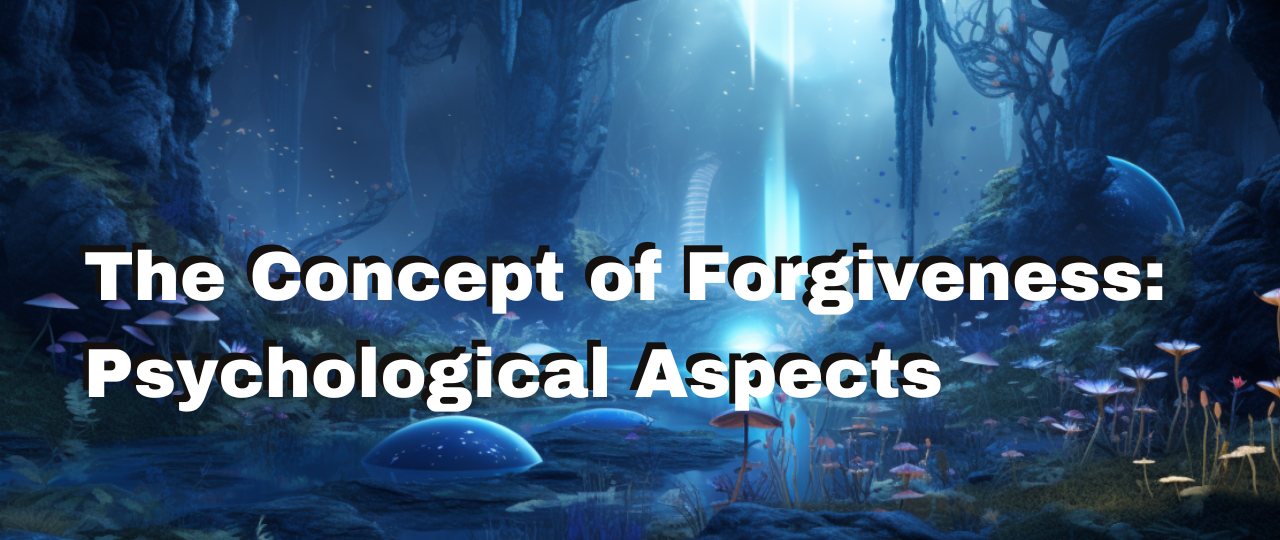The Concept of Forgiveness: Psychological Aspects
Introduction
Forgiveness is often touted as a moral or religious virtue, but its psychological dimensions are equally compelling. Understanding how forgiveness works in the mind can help us better navigate emotional complexities and improve mental health.
The Psychology of Holding Grudges
Mental Strain
Holding onto anger or resentment is mentally exhausting. Your brain keeps replaying the event, causing stress hormones like cortisol to spike. This constant state of alertness can lead to health issues like insomnia, high blood pressure, and even heart disease.
Impact on Relationships
Carrying grudges can also affect your other relationships. The negativity can spill over, making you more critical, judgmental, or even causing you to withdraw from loved ones.
The Healing Power of Forgiveness
Emotional Release
Forgiving someone can feel like lifting a heavy burden off your shoulders. The mental energy once spent on harboring ill feelings is now freed, providing emotional relief.
Improved Well-being
Research has found that forgiveness is associated with better mental health outcomes, including reduced anxiety, depression, and major psychiatric disorders. The act of forgiveness can literally heal your mind.
The Process of Forgiving
Acknowledgment
The first step in forgiveness is acknowledging the hurt. Sweeping it under the rug can result in passive aggression or even outbursts of anger later on.
Empathy and Compassion
Understanding the other person’s point of view can facilitate forgiveness. Empathy allows you to see the situation from multiple angles, which can lead to a more nuanced approach and ultimately forgiveness.
Moving On
True forgiveness results in letting go—not just of the grudge, but also of the expectation for reparative action from the other person. It’s a mental shift that positions you towards future positive interactions rather than past negativity.
Conclusion
From a psychological standpoint, forgiveness is not just a moral virtue but a critical aspect of mental well-being. The act of forgiving can relieve mental strain, improve relationships, and foster a healthier, happier mind. Understanding the psychology of forgiveness can empower you to take control of your emotional well-being.
Osoria Asibor
Understanding the Concept of Forgiveness (Part 2): A Christian Perspective
Forgiveness (Part 3): The Psychological and Health Benefits
Forgiveness (Part 4): The Barriers to Forgiveness


5 Comments
[…] The Concept of Forgiveness (Part 1): Psychological Aspects […]
[…] The Concept of Forgiveness (Part 1): Psychological Aspects […]
[…] The Concept of Forgiveness (Part 1): Psychological Aspects […]
[…] The Concept of Forgiveness (Part 1): Psychological Aspects […]
[…] The Concept of Forgiveness (Part 1): Psychological Aspects […]